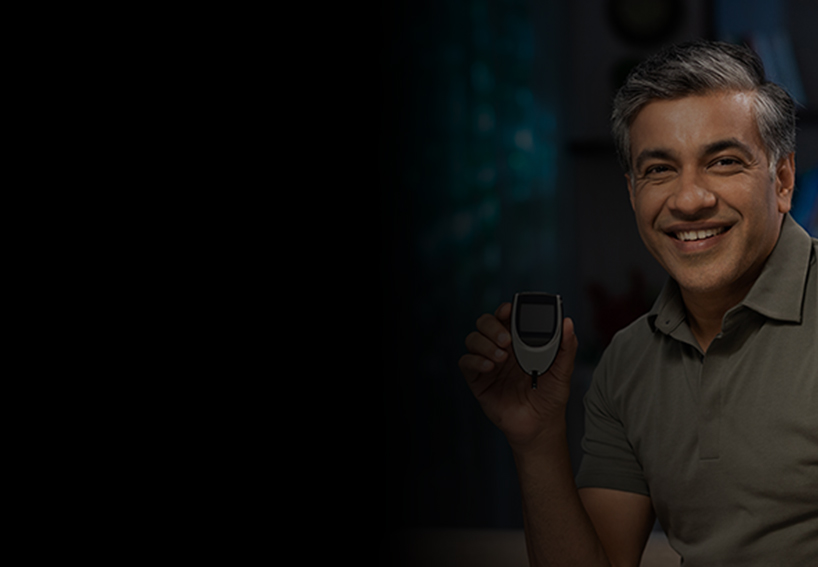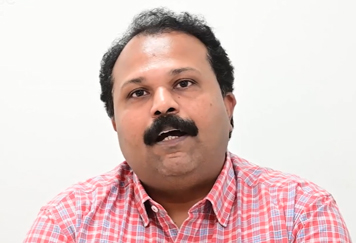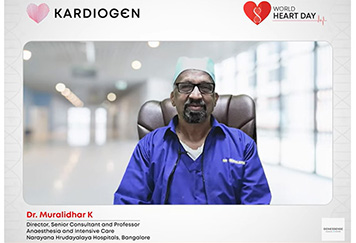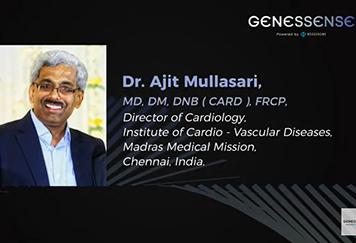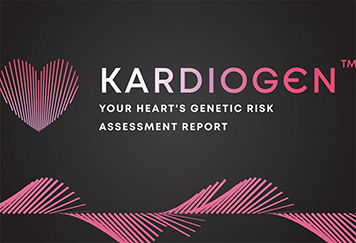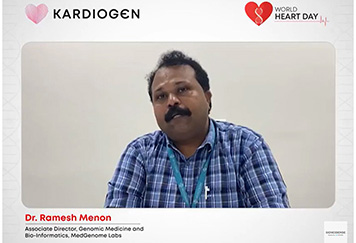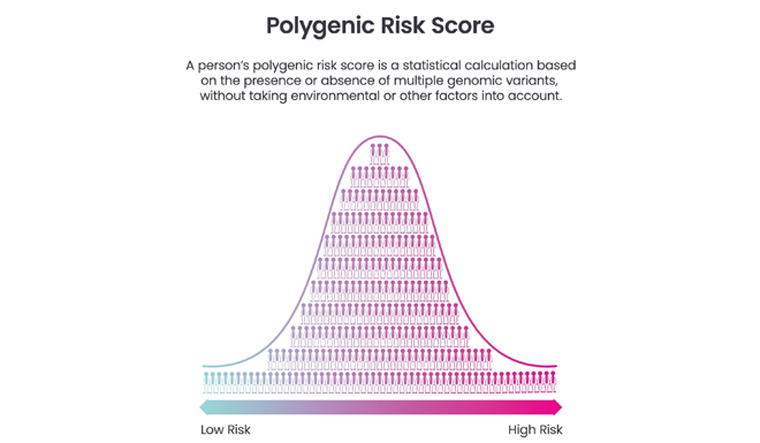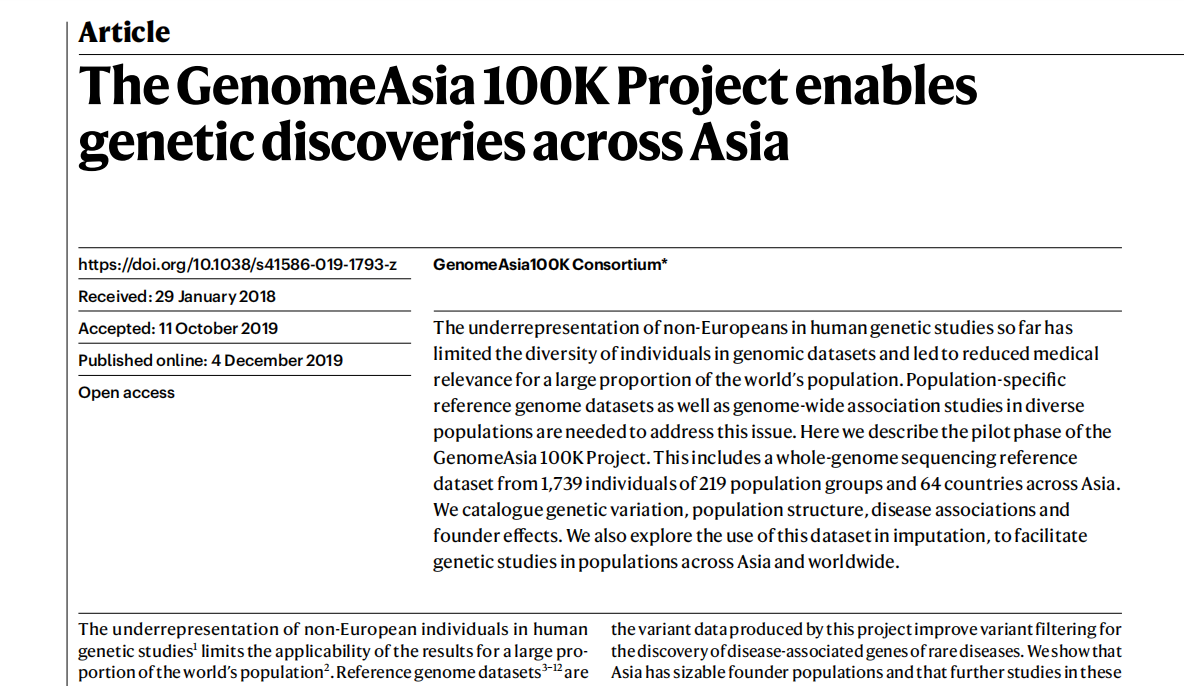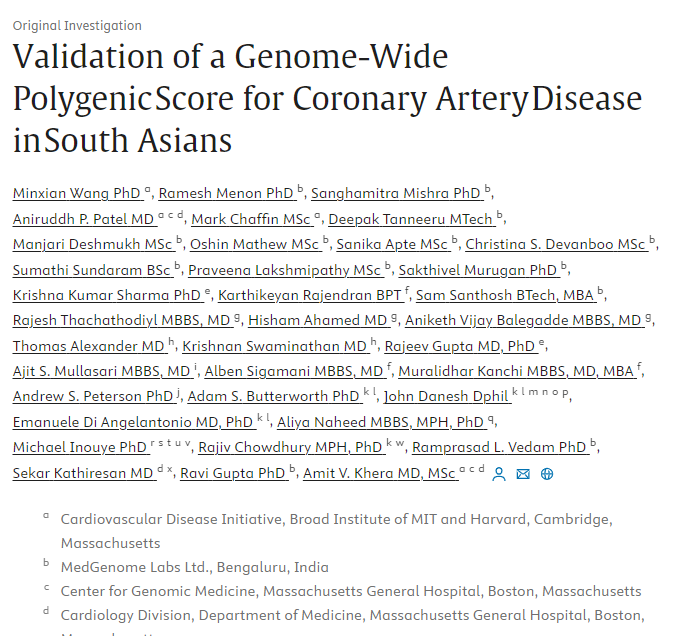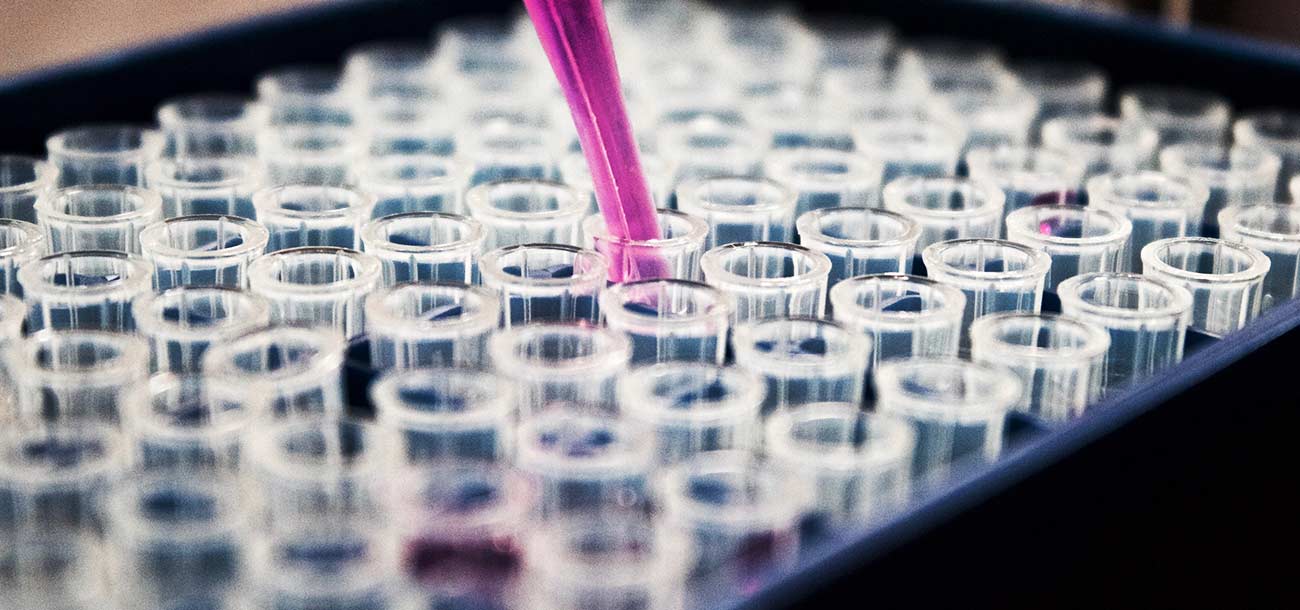What is Kardiogen Screening?
Kardiogen is a genetic screening that helps to estimate the genetic predisposition of an individual to develop coronary artery disease with the help of polygenic risk score (PRS). The risk is calculated by analyzing over 1.3 million genetic markers implicated in the disease and is given as a validated PRS.
CAD: A form of heart disease, where a plaque will build up and affect your heart by blocking your coronary arteries, which supply blood to your heart. CAD can lead to heart attack, heart failure and abnormal heart rhythms.
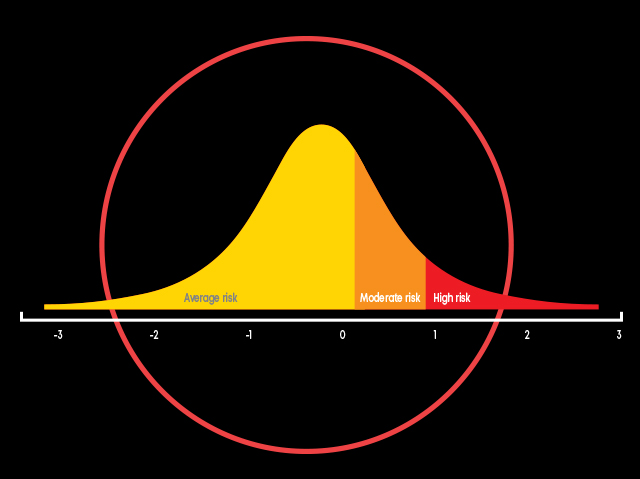
What is Polygenic Risk Score?
The score indicates if the individual is at a high, moderate or average genetic risk for developing coronary artery disease.
The Polygenic Risk Score (PRS) quantifies the contributing effects of multiple genetic (DNA) markers into a score and estimates whether the tested individual is at a high, moderate, or average risk of developing a health condition.
Kardiogen test is validated for the South Asian population. An enhanced model called GPSmult has been developed recently for multiple ancestry by a scientific group in Harvard medical school, the same has been validated in the MedGenome's study cohort for the Kardiogen screening.
Who should take the Kardiogen Screening?
- Individuals with a family history of CAD.
- Individuals with unhealthy lifestyle such as smoking habits, alcohol consumption, stressful lifestyle, etc.
- All individuals with comorbidities like hypertension, diabetes, dyslipidemia etc.
- All individuals above the age of 18 years.

How will Kardiogen help you?
Knowing the genetic risk for coronary artery disease(CAD) by Kardiogen will help one to take informed decisions towards leading a healthy life. This screening test is extremely helpful to identify the probable condition thus avoiding your disease progression resulting in complications, trauma, and treatments.
KARDIOGEN report provides scientific recommendations which can help in taking preventive measures to mitigate the disease risk. The recommendations include lifestyle changes like engaging in physical activity, balanced and healthy diet, health monitoring by routine health checkup, enhanced screening, and scientific evidence on benefits of knowing genetic risk for a health condition.
Choose other screening test
Genetic screening from the comfort of your home in
5 easy steps
Talk to our expert Genetic Counselors,
pre and post genetic screening to understand better.
Know more









